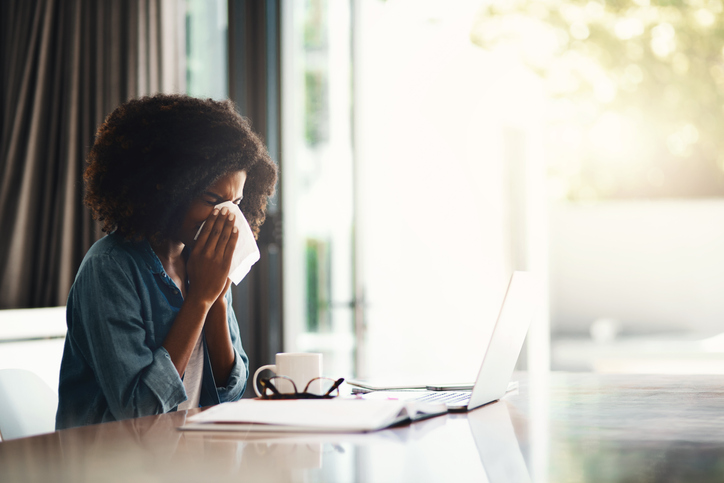
Every allergy season seems to be worse than the last for allergy sufferers. 2018 was particularly severe for many people, which led us to wonder what the 2019 allergy season will be like. Since Cabin Fever is in full swing, let’s dissect possible reasons why allergies seem to be getting worse year after year and how to cope.
Pollen Production Increases
Environmental factors have a direct impact on how much pollen is produced every year. Healthline says that warmer temperatures and increased precipitation creates the potential for more pollen to be produced than normal. Carbon dioxide from pollution can also have an impact on pollen levels.
2018 had a relatively warm winter but also experienced multiple snow storms early on. This likely impacted last year’s high pollen count.
Allergens are Hitting all at Once
Spring, summer, fall, and winter all have their own allergens that we expect year after year. Trees in the spring tend to be the first big allergen, followed by grass in the summer, weeds in the fall, and dust mites and cedar trees in the winter. Unfortunately, many allergens are popping up at random times, making it difficult to determine what allergy “season” we’re in.
Weather Impacts Allergens
Different kinds of weather can have a major impact on your allergies. For example, rainy weather can offer some relief to allergy sufferers because the rain tends to wash away pollen sitting on your car and other things that accumulate pollen every spring. However, heavy rain can often cause pollen particles to burst and spread even further. It also helps grass, weeds, and plants grow faster, which in turn creates more pollen.
Windy days can also be a nightmare for allergies as the wind helps carry pollen far and wide. Not only does the wind carry pollen, it picks up dust, mold spores, and other allergens that will set off your allergies.
A warm winter can set off allergy season early as well due to early pollination of trees and plants. A sudden cold spell can completely halt pollination, however. Unfortunately, frequent temperature changes can actually make allergies worse, so a consistent climate is ideal for those sensitive to certain allergens.
How Do You Cope?
There’s no one-size-fits-all solution to allergies. Allergies and their severity vary from person to person and finding a way to cope can take some time. If you’re worried allergies this season will be particularly severe, read these tips:
- Find a quality air purifier that can help remove pollen and other allergens that might be floating around in your home.
- Keep your doors and windows shut so allergens don’t blow in and settle on your furniture.
- Routinely dust your home to remove dust sitting in places where you might not see it normally. If your allergies are particularly severe, a dust mask might be a great tool to have handy!
- Use a HEPA vacuum to remove dander and pollen from your carpets that might be drug in on your shoes or by your pets.
Shop
Find Allergy Products for Your Needs
Our wide selection of allergy air purifiers, vacuums, and more are great for those that are looking for help with allergy problems. Chat with one of our healthy home experts if you have questions about particular products or aren’t sure what you’re looking for.
